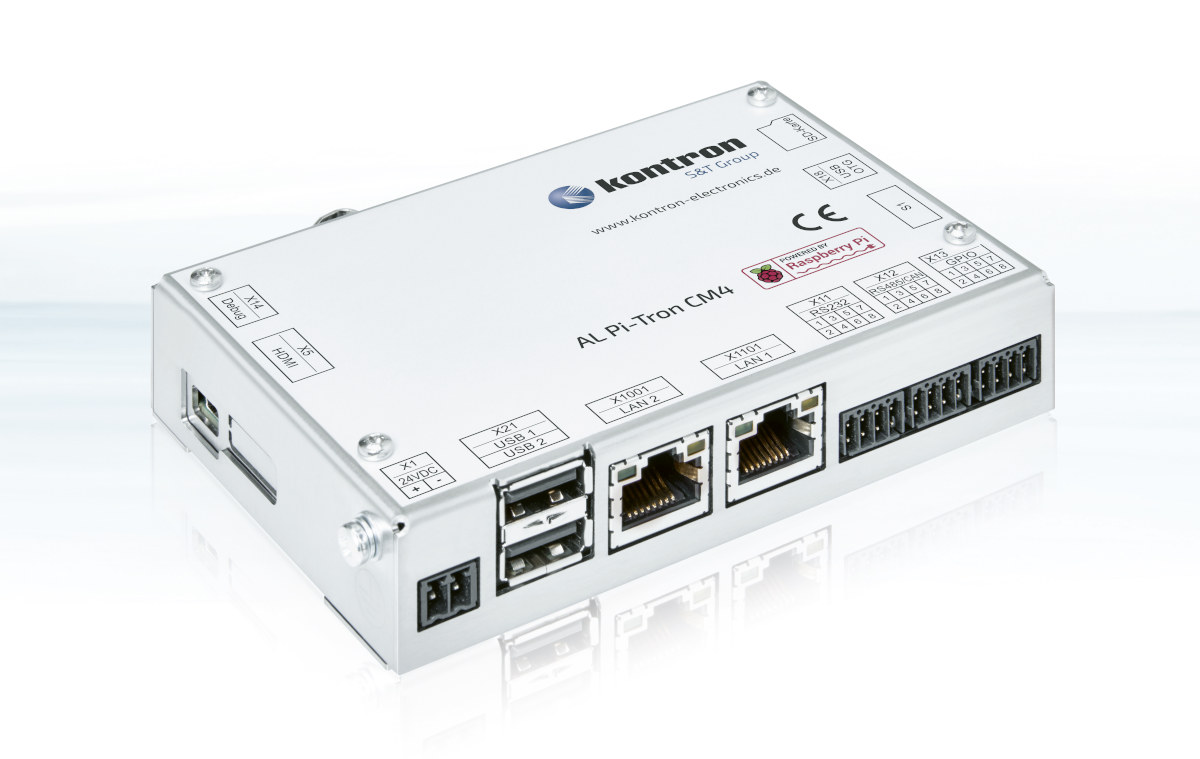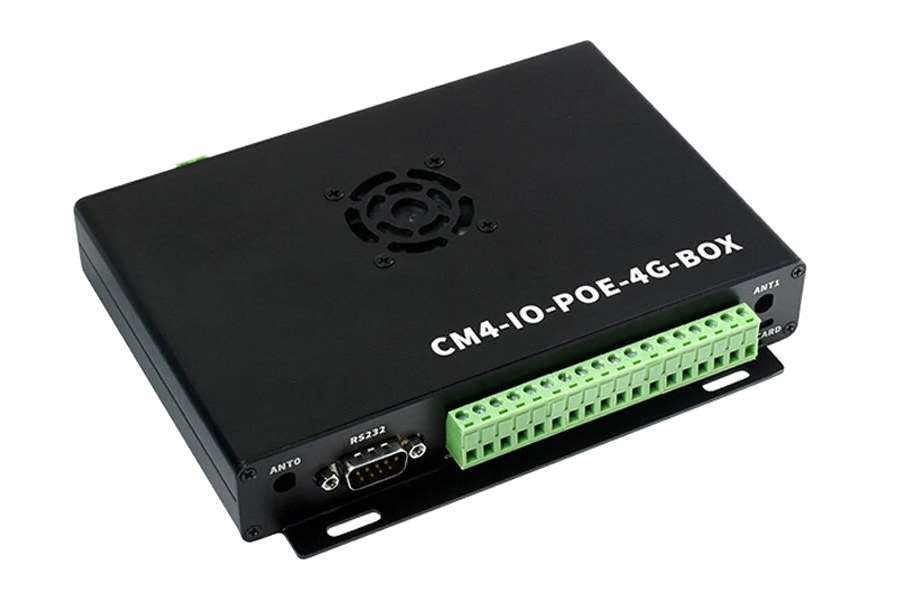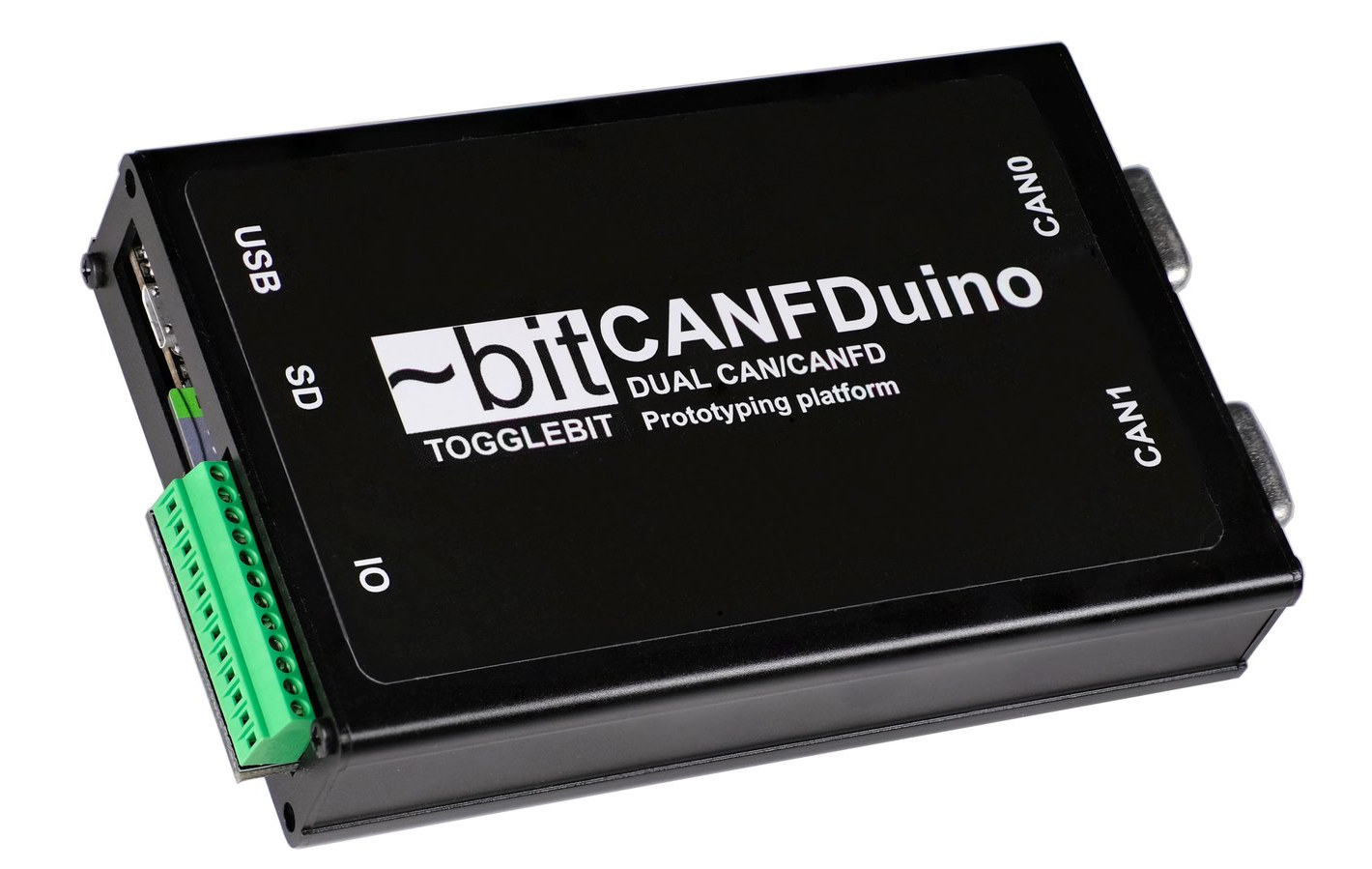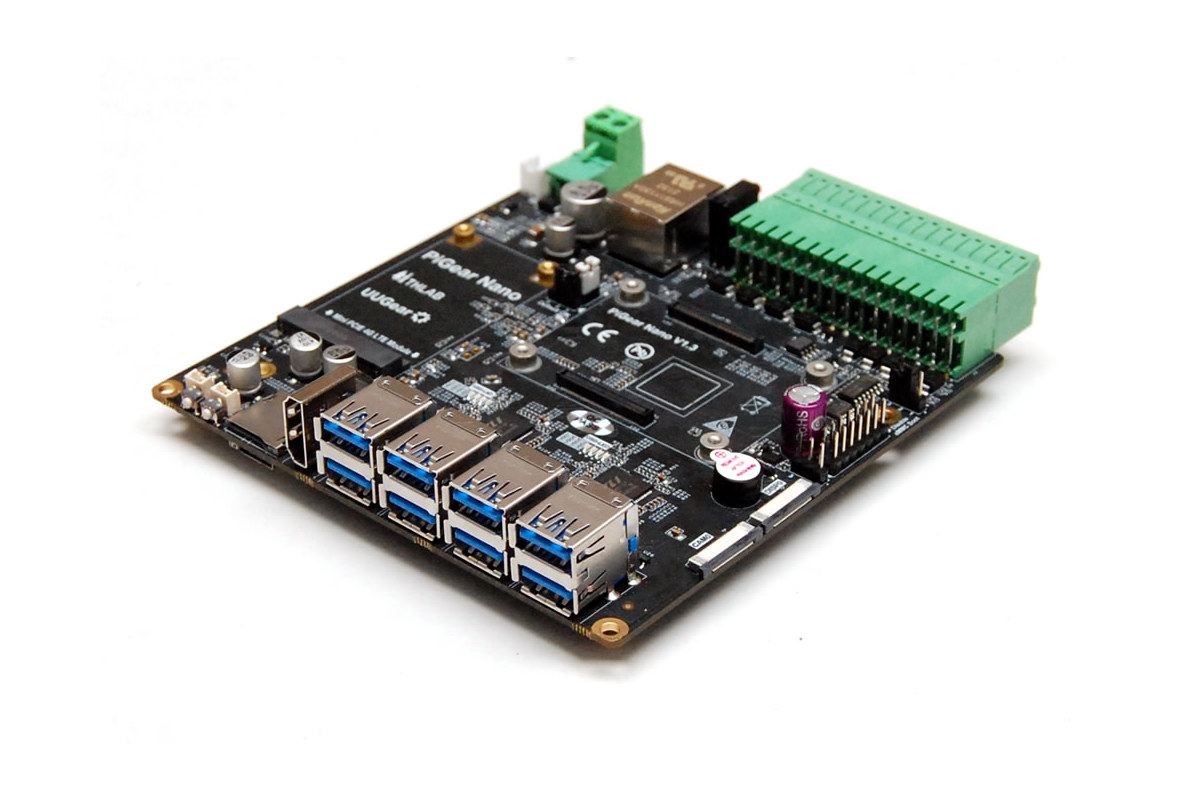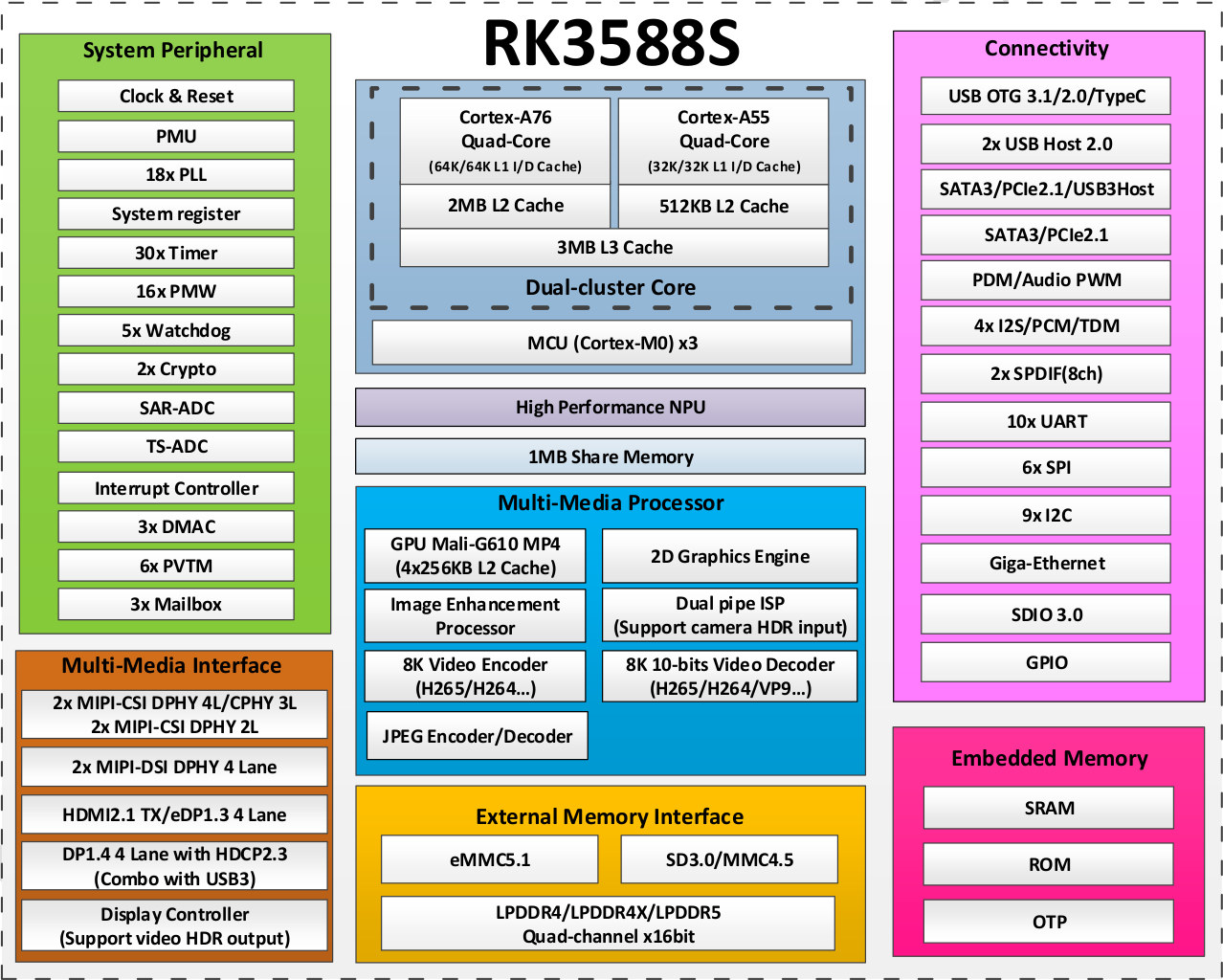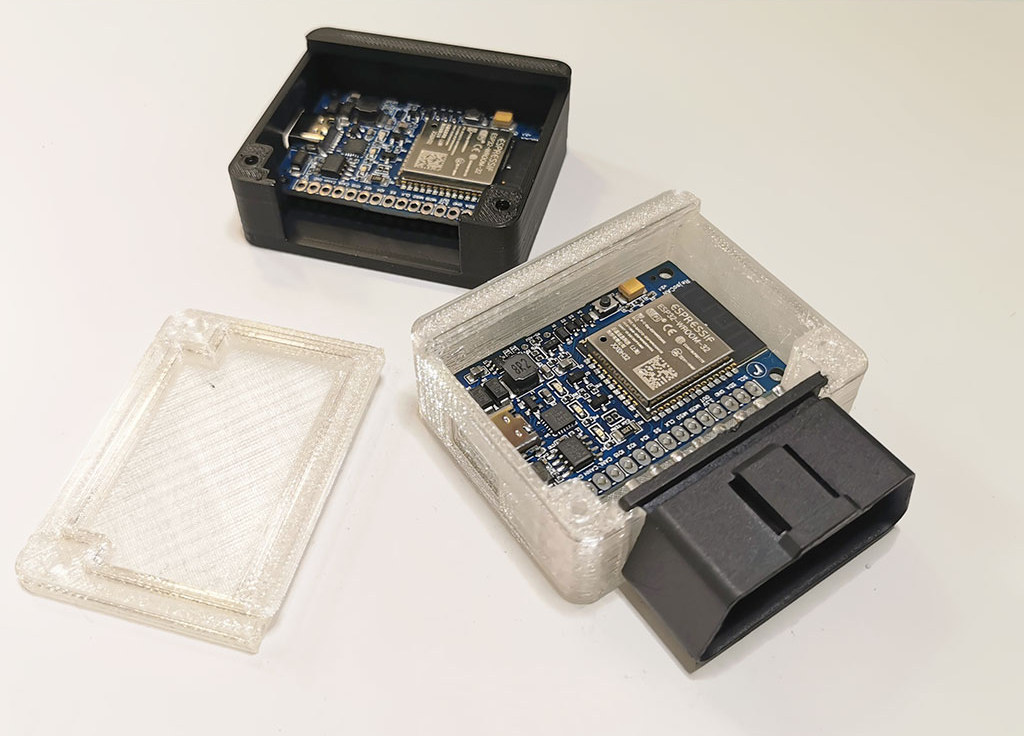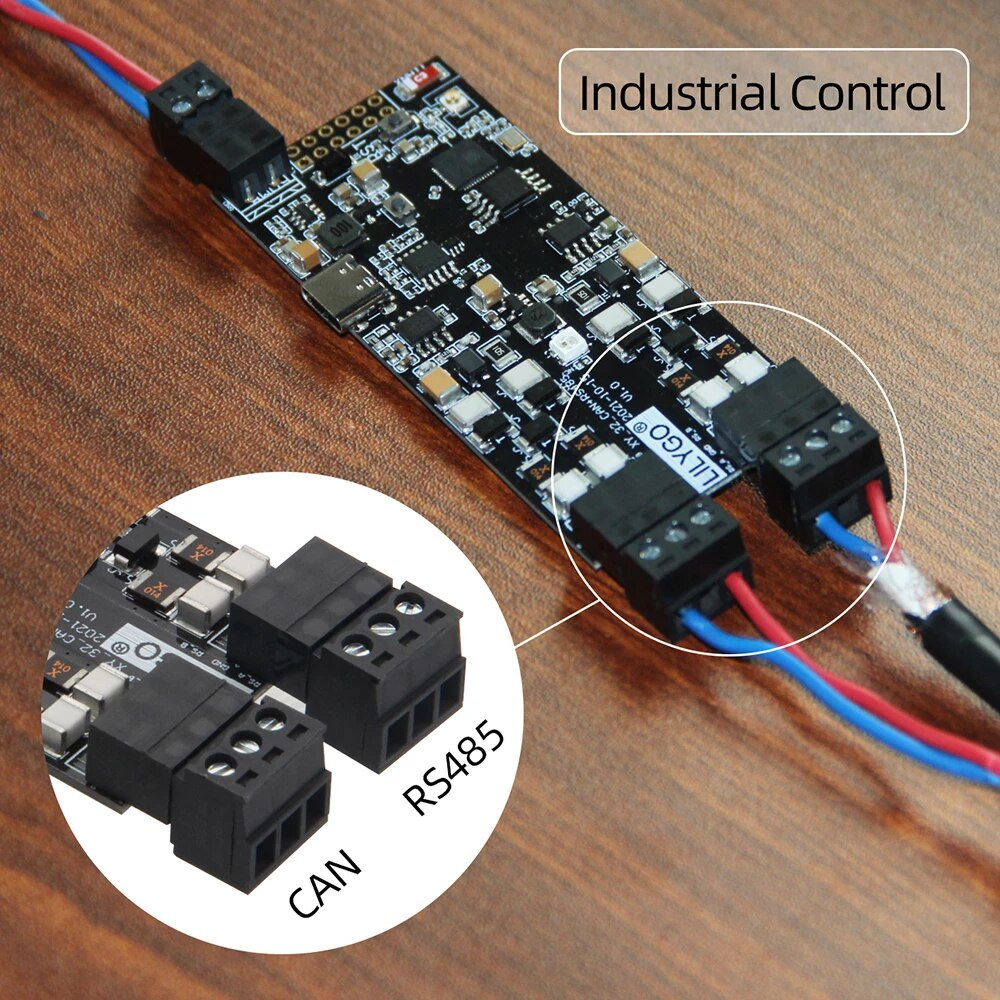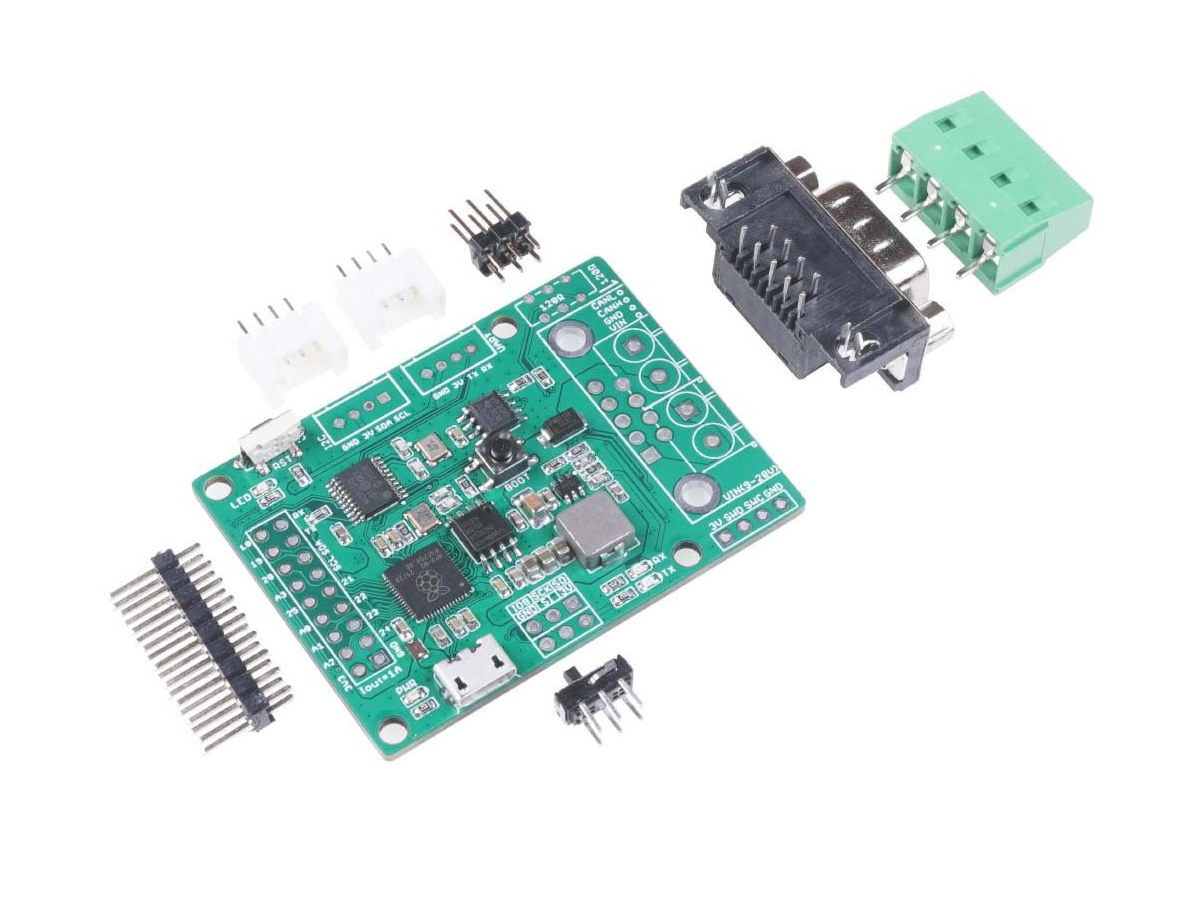Kontron Pi-Tron CM4 is a single-board computer and mini PC based on the Raspberry Pi Compute Module with a Broadcom BCM2711 quad-core Cortex-A72 processor, up to 8GB RAM, up to 32GB eMMC flash, HDMI video output, two Ethernet ports, optional WiFi and Bluetooth connectivity, and an M.2 slot for AI or wireless expansion. Designed for industrial applications, the Pi-Tron CM4 is also equipped with RS232, RS485/CAN FD bus, and GPIO terminal blocks, supports 24V input voltage, and is optionally sold as AL Pi-Tron CM4 in a housing suited for challenging environments. Kontron Pi-Tron CM4 specifications: SoM – Raspberry Pi Compute Module 4 (CM4) with Broadcom BCM2711 quad-core Cortex-A72 processor @1.5 GHz, VideoCore VI GPU, H.265 (HEVC) up to 4Kp60 decode, 1080p30 encode, up to 8GB LPDDR4, up to 32GB eMMC flash Storage – MicroSD card socket (only for Raspberry Pi CM4 Lite module) Display I/F HDMI 2.0 up to 4Kp60 […]
CM4-IO-POE-4G-Box – A Raspberry Pi Compute Module 4 box for industrial IoT applications
While the Raspberry Pi Compute Module 4 is basically unobtanium, companies keep introducing products based on the Arm system-on-module, and Waveshare CM4-IO-POE-4G-Box is a complete system designed for industrial IoT applications with CAN Bus, RS232 and RS485 interfaces, Ethernet with PoE support, plus optional support for 2G to 5G cellular connectivity. The CM4-IO-POE-4G-Box is based on the “Compute Module 4 PoE 4G” carrier board which itself appears to be an update to the company’s earlier “Compute Module PoE 4G” carrier board for the Raspberry Pi CM3 module. CM4-IO-POE-4G-Box / Compute Module 4 PoE 4GB board specifications: Support SoM – All variants of Raspberry Pi Compute Module 4 Storage – MicroSD card socket used for Raspberry Pi Compute Module 4 Lite (without eMMC) Display 2x HDMI ports up to 4Kp30 (I suppose even 4Kp60) 2x 15-pin MIPI DSI connectors + openings in the enclosure for flat cables Camera – 2x internal […]
CANFDuino – A Dual CAN Arduino based platform with enclosure, proto area (Crowdfunding)
CANFDuino is an Arduino-compatible dual CAN bus platform with CAN FD support that can be used for both prototyping and deployment on the field thanks to its rugged aluminum enclosure, two DB9 CAN connectors, an IO terminal block. The board is powered by a Microchip SAMC21G18A microcontroller with CAN-FD support, a MicroSD card slot, a micro USB port, various analog and digital I/O, as well as a prototyping area allowing users to solder their own components to the board if needed. CANFDuino specifications: MCU – Microchip SAMC21G18A Arm Cortex-M0+ microcontroller @ up to 64 MHz with 32KB SRAM, 256KB flash Storage – MicroSD card slot I/Os 2x DB9 connectors with CAN/CAN-FD up to 5 Mbps 12-way screw terminal block IO Through holes with 10x analog inputs Up to 24 digital IO w/14x PWM 2x UART (+1 UART2USB) 1x I2C,1x SPI 3.3V and 5V supplies Prototyping area for soldering extra […]
PiGear Nano – A Nano-ITX Raspberry Pi CM4 carrier board with 7-30V DC input
PiGear Nano is an Nano-ITX carrier board for Raspberry Pi CM4 (Compute Module 4) designed for industrial applications with a -30°C to +80°C temperature range, 7 to 30V DC input, as well as RS232, RS485, and CAN bus interfaces. The board also features one Gigabit Ethernet port, one HDMI port, MIPI DSI and CSI display & camera interface, M.2 SSD storage, eight USB 3.0 ports, mini PCIe and SIM card sockets for 4G LTE cellular connectivity, and various digital input and output interfaces. Pigear Nano specifications: Supported SoM – Raspberry Pi CM4 and CM4 Lite modules Storage – 1x NVMe SSD M.2 socket, 1x MicroSD card slot for Compute Module 4 Lite only Display I/F – 1x HDMI Type-A connector, 1x MIPI DSI interface x 1 Camera I/F – 1x MIPI CSI interface Networking 1x Gigabit Ethernet RJ45 port Optional 4G LTE/GPRS via mini PCIe socket plus SIM card slot […]
Rockchip RK3588S cost-optimized Cortex-A76/A55 processor adds CAN bus, drops PCIe 3.0, other peripherals
Rockchip RK3588S is a cost-optimized version of the RK3588 octa-core Cortex-A76/A55 processor with fewer peripherals, and I’ve been told it’s been designed for tablets, but as we’ll see below, the processor will probably find its way into many other applications. We first saw RK3588S during the Rockchip Developer Event last December, but at the time we did not have any information, except it would be a lower-cost version. I’ve now received an RK3588S datasheet, so let’s have a look at the block diagram and specifications to find out what’s different. Rockchip RK3588S specifications with highlights in bold showing the differences against RK3588: CPU – 4x Cortex-A76 and 4x Cortex-A55 cores in dynamIQ configuration GPU Arm Mali-G610 MP4 “Odin” GPU with support for OpenGLES 1.1, 2.0, and 3.2, OpenCL up to 2.2 and Vulkan1.2 2D graphics engine up to 8192×8192 source, 4096×4096 destination AI Accelerator – 6 TOPS NPU 3.0 (Neural […]
ESP32 CAN board fits into OBD-II dongle, supports auto shutdown
RejsaCAN-ESP32 is a small board based on ESP32-WROOM-32 WiFi (and Bluetooth) module with a CAN interface that fits into a 3D printed OBD-II dongle for easy installation into most cars. Magnus Thomé has already published several automotive projects, notably for car racing with a system that checks real-time tire temperature, and he designed RejsaCAN-ESP32 board so that it can be plugged directly into his car with support for 5-15V input voltage, and also includes an auto-shutdown option to prevent battery drain by monitoring the battery voltage in the car. RejsaCAN-ESP32 specifications: Wireless module – ESP32-WROOM-32 module with a dual-core ESP32 processor @ 240 MHz with 2.4 GHz WiFi 4 and Bluetooth 4.2 connectivity, PCB antenna, 32Mbit SPI flash USB – 1x USB-C port for power and programming via CP2104 USB to TTL chip Expansion – 15-pin header with 3x GPIO, SPI, I2C, analog input, PWM or analog output, CAN bus […]
TTGO T-CAN485 – An ESP32 board with RS485, CAN bus interfaces
LilyGO is regularly bringing ESP32 boards to market for specific applications, and their latest TTGO T-CAN485 connects ESP32 to CAN bus and RS485 industrial control interfaces. The board also takes 5 to 12V power input via a 2-pin terminal, comes with a microSD card for data storage, a USB Type-C port and CH340K serial chip for programming and debugging, plus a 12-pin GPIO header, some buttons, and an RGB LED. TTGO T-CAN485 board specifications: SoC – Espressif System ESP32 dual-core processor @ up to 240 MHz with 2.4 GHz Wi-Fi, Bluetooth 4.2 LE connectivity Storage – 4MB flash, microSD card socket Industrial control interfaces CAN bus via 3-pin terminal block RS485 via 3-pin terminal block Expansion – Unpopulated 12-pin header with 8 GPIOs configurable as UART, SPI, I2C, plus VDD, GND Debugging – USB-C port for serial access via CH340K USB to TTL chip Misc- Reset and Boot buttons, WS2812 […]
CANBed Raspberry Pi RP2040 board supports CAN Bus, OBD-II protocol
We previously wrote about adding CAN Bus to Raspberry Pi Pico with CANpico expansion board. CANBed is a single board with a Raspberry Pi RP2040 microcontroller and a Microchip MCP2551 CAN receiver plus some extra I/Os that offers an alternative. CANBed supports the CAN 2.0 and OBD-II protocols via either a DB9 connector or a 4-pin terminal block, offers two 4-pin Grove headers and an extra I/O header for expansion, as well as 9-28V power input. CANbed specifications: MCU – Raspberry Pi RP2040 dual-core Cortex-M0+ microcontroller @ up to 133 MHz with 264KB SRAM Storage – 2MB SPI flash CAN 2.0 or OBD-II interface via DB9 port or 4-pin terminal block via Microchip MCP2551 CAN transceiver, 120 Ohm terminal resistor. USB – 1x Micro USB port for programming Expansion 2x Grove header (I2C + UART) SPI header 18-pin header with GPIO, UART, I2C, 4x analog inputs, 5V, GND Misc – […]


